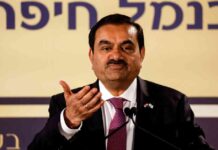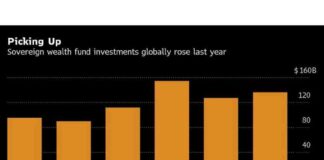Amidst the financial aid turmoil that has plagued the college application process for millions of students this year, the Education Department is working to rectify the situation. Education Secretary Miguel Cardona has expressed confidence that the issues with the Free Application for Federal Student Aid (FAFSA) process will be resolved in time for households to start applying for federal financial aid by December 1st, just weeks after the initial launch date was pushed back for the 2025-26 academic year.
### Financial Aid Challenges Impacting Freshman Class Composition
The delays and glitches in the FAFSA rollout have had a significant impact on college enrollments, particularly among private institutions. According to a survey conducted by the National Association of Independent Colleges and Universities (NAICU), about three-quarters of the 384 responding institutions reported that FAFSA issues have altered the composition of their incoming freshman classes. Forty-three percent indicated that their first-year cohort is smaller than the previous one, while 18% reported a reduction in racial or ethnic diversity among their freshman classes, and 27% noted fewer financial aid recipients.
### Consequences of Enrollment Declines
The decline in enrollments due to FAFSA challenges has raised concerns among higher education officials. Many schools rely on federal aid eligibility evaluations to determine their own financial aid offers, as well as the disbursement of Pell grants to low-income undergraduates and federal student loans. The impact of these enrollment declines has been felt not only by students and families but also by postsecondary institutions struggling to navigate the aftermath of the FAFSA rollout.
### Addressing the FAFSA Rollout Challenges
Acknowledging the difficulties faced by students, families, and institutions, the Education Department spokesperson emphasized the agency’s commitment to ensuring that all eligible students receive the necessary financial assistance. Despite the setbacks experienced this year, Secretary Cardona has vowed to make the application process simpler and more efficient, with a target completion time of 15 to 20 minutes. The Department is focused on delivering a flawless FAFSA rollout by the new December 1st deadline to prevent further disruptions in the college application process.
### Political Implications and Reform Efforts
The postponed FAFSA launch date also coincides with a presidential election in which the fate of the Education Department itself is at stake. Former President Donald Trump and his Republican allies have proposed dismantling the agency and returning education responsibilities to the states. However, Secretary Cardona remains committed to expanding access to higher education and reducing the burden of student debt, emphasizing the need for transformational changes within the Federal Student Aid office.
### Student Perspectives on FAFSA Challenges
For students like Hanalise Yarbrough, a high school senior from Mississippi preparing to apply for financial aid, the complexity of the FAFSA process can be overwhelming. Hanalise, a talented flutist hoping to pursue a degree in Criminal Justice, relies on potential scholarships and federal support to afford college. Her mother, Kristi Childs, emphasizes the importance of a smooth and timely FAFSA process in securing the necessary financial assistance for Hanalise’s education.
In conclusion, the impact of financial aid turmoil on college freshman class composition underscores the need for a streamlined and efficient application process. As the Education Department works to address the challenges faced by students and institutions, the focus remains on ensuring that all eligible students have access to the financial aid they need to pursue higher education. By implementing reforms and listening to feedback from stakeholders, the Department aims to prevent future disruptions and create a more seamless experience for students navigating the college application process.






















